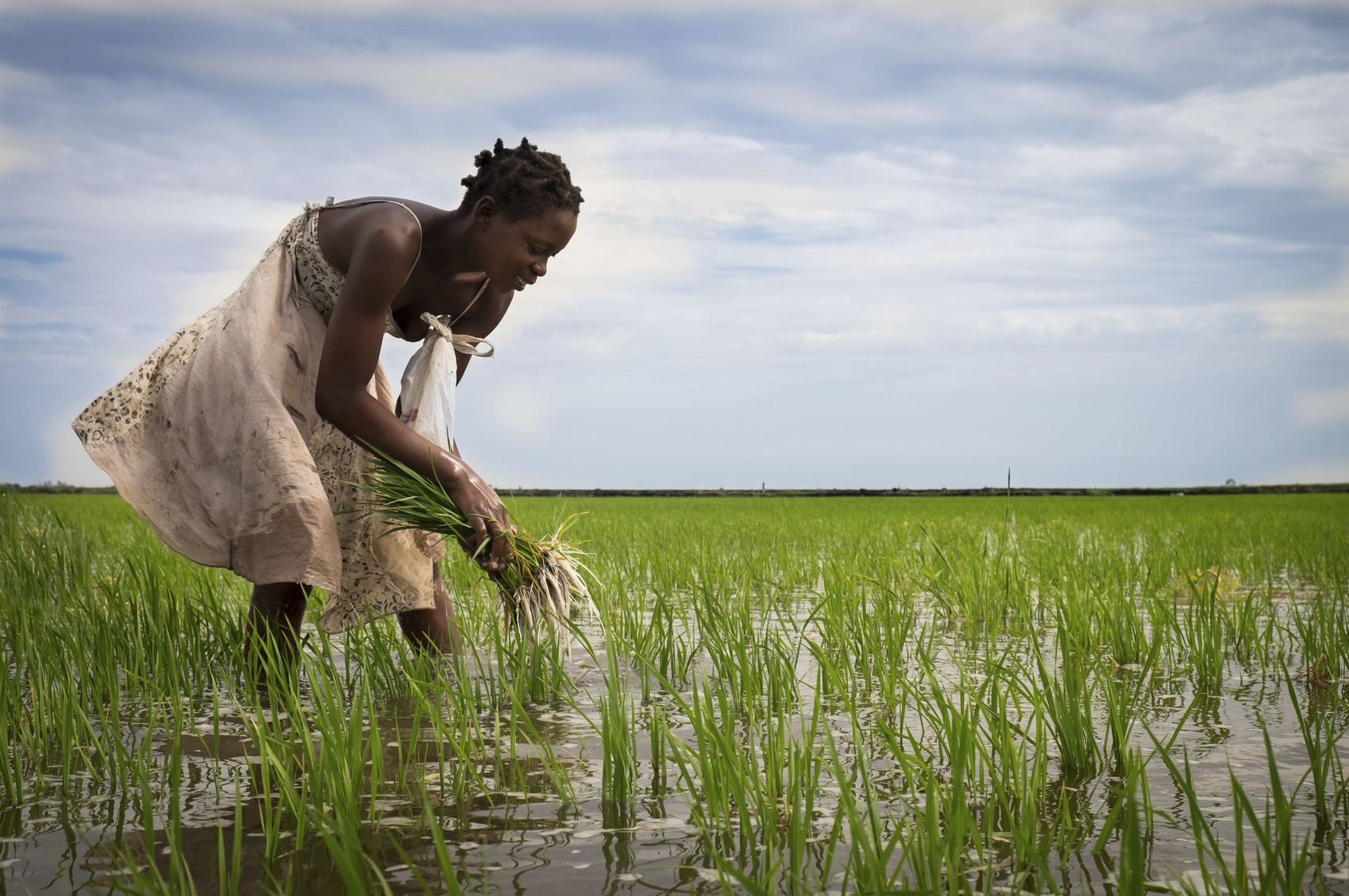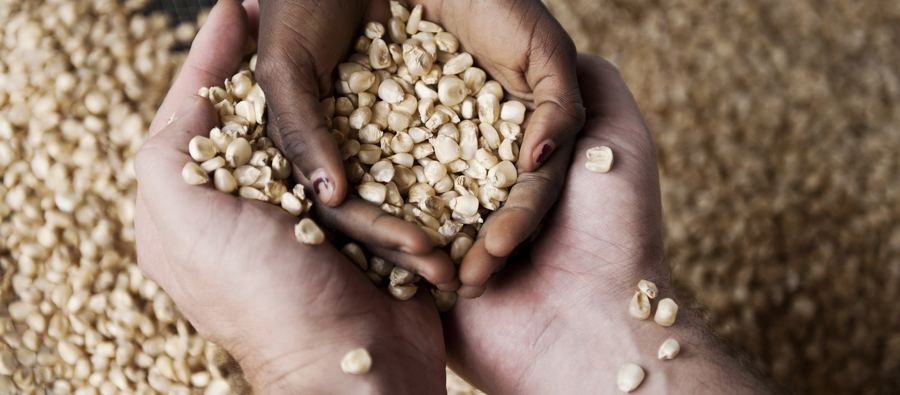Did you know that more than 50% of disruptions to food and fibre supply chains are caused by storms or droughts? As extreme weather events become more severe and frequent, the challenges to operating supply chains that meet global food security needs are only expected to multiply. Demand for food, feed and fibre already outpaces supply and will only increase with population growth, rising incomes and shifts in energy resources to biofuels.
While governments and negotiators continue to deliberate about how to fulfill the promises of the 2015 Paris Climate Agreement, I’ve been developing a project called WINnERS to make supply chains, and the actors that make up these chains, more resilient to climate change.
The approach is about aligning innovations in agricultural insurance products with game-changing models for risk sharing.
What is WINnERS?
WINnERS (Weather Index based Risk Services) is an initiative spearheaded by Imperial College London in partnership with The University of Reading, The University of Hamburg, Ecole Polytechnique and a number of other global institutions, insurance industry experts and food buyers. Together these organizations are working to develop state-of-the-art weather and climate modeling technology to measure the risk exposure that retailers, buyers, banks and smallholder farmers will face in the future. At the farm level, the likelihood of an extreme weather event and its severity can be predicted across areas as small as 5 by 5 kilometers. This information is then integrated into agricultural insurance contracts that share risk between the various actors of a particular supply chain.

Female rice farmer working her field in Xai Xai, Mozambique
The project also focuses on improving the wellbeing of smallholder farmers who often bear the brunt of the risk when it comes to farming. WINnERS is partnering with the Patient Procurement Platform to offer its services – improved inputs, training, finance and guaranteed market access – to participating farmer’s organizations. The pilot is set to take place in Tanzania this autumn and winter over the course of Tanzania’s rainy season. Over the course of the next five years, WINnERS (with the support of the World Bank and the International Finance Corporation) will be monitoring the impact of these efforts. This will be on both traditional measurements of wellbeing in farming communities such as income and yield growth, but also on some less frequently investigated indicators such as risk aversion and the impact of scarcity on cognitive function.
The project also includes a component on the regulatory environment for the use of insurance products in developing countries. The team is investigating potential barriers to and requirements for the sale of insurance products in project countries as well as seeking solutions to enforcing contracts and protecting the rights of participants, in particular the smallholders.
So what’s the game changer?
How WINnERS stands out from past efforts to reduce the risks faced by smallholders through micro-insurance is two-fold. First, the smallholders are not envisioned as the insurance policy holders and second, risk is shared between a variety of different actors – not just the smallholders and the insurers.
One of the criticisms levied against micro-insurance, is its failure to be scaled-up. This has been attributed to the risk adversity of smallholders and their general level of understanding of how insurance works. I too can be fairly skeptical of the concept that I should give someone my money without necessarily getting anything in return. That can be a lot of faith to place in an insurance provider – especially if those funds could otherwise be put towards basic necessities like food and medicines.
WINnERS on the other hand, anticipates that larger and more established entities such as cooperatives, banks or food buyers will be the insurance policy holders. The farmers will be protected through guaranteed markets for their products and debt relief or pay-outs if their production is drastically affected by weather. As the rainfall thresholds for triggering a form of relief will be based on micro-climates, the likelihood of basis risk – a mismatch between contractual expectations and performance – is significantly reduced.
Furthermore, the WINnERS approach tailors risk-sharing models for each supply chain in which it works which means that everyone – buyers, banks, and producers – all take on some of the risk inherent in farming. So if it rains too much, not enough, or not at the right times, everyone is protected. The buyers are shielded against price surges from short supplies. The are protected farmers against price plunges from bumper crops or saturated markets, and the banks against widespread and simultaneous loss with backing from re-insurers.
We believe that when climate risk is shared, everyone can be a WINnER. To help us grow a more sustainable future, join the WINnERS project today.



